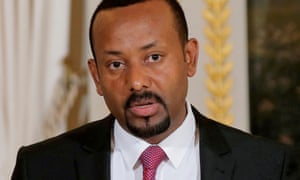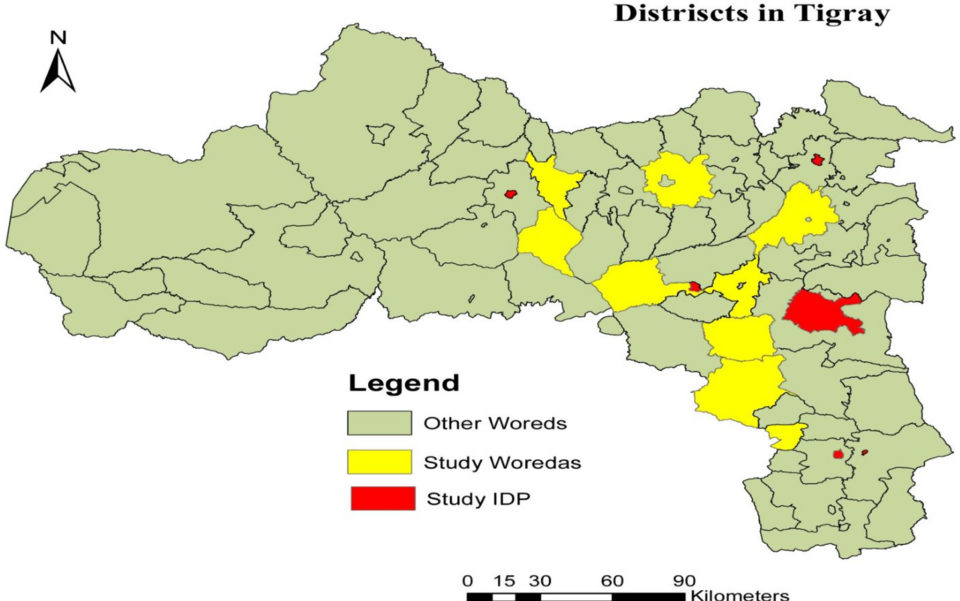Just over a year ago, Ethiopia’s prime minister, Abiy Ahmed, was the toast of the international community. His peacemaking efforts with neighbouring Eritrea had been recognised with a Nobel peace prize and his domestic reforms were winning plaudits. This month, however, it is a different story.
The Guardian’s Africa correspondent Jason Burke tells Rachel Humphreys that Abiy Ahmed has launched a major military operation in the northern region of Tigray and imposed a state of emergency. He said he was responding to an attack on an army base by the region’s ruling party, the TPLF, which it has denied. On Saturday, government forces declared victory in the offensive after claiming to have entered the regional capital, Mekelle.
It’s a crisis that has deep roots in Ethiopia’s history, argues Yohannes Woldemariam, an academic specialising in the horn of Africa. He tells Rachel that with its complex mosaic of ethnic groups, Ethiopia is an extremely difficult country to run and many placed too much hope in the new prime minister.
The crisis has led to thousands of refugees moving within the Tigray region and across the Ethiopian border with Sudan. Abdullah Fadil, an aid worker with Unicef, tells Rachel that the humanitarian situation in the refugee camps is already dire.

